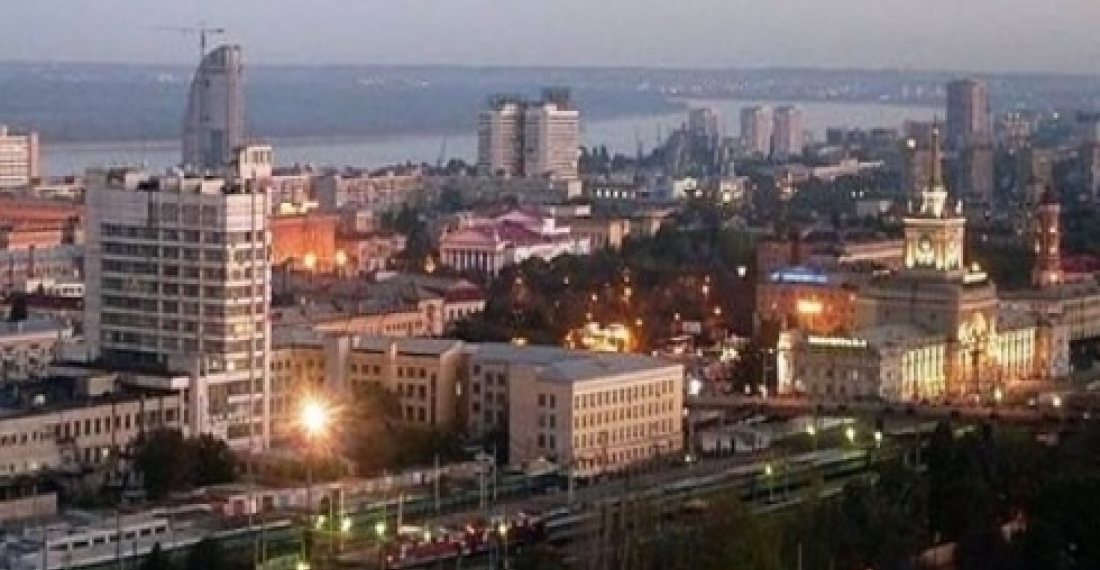Two suicide bombers detonated explosives and killed and injured dozens of people in the southern Russian city of Volgograd (previously known as Stalingrad) in two separate attacks as Russians are preparing to celebrate the new year. The explosions, the first on Sunday at the city's main railway station, and the second on Monday morning on a trollybus, are being attributed to insurgents from the North Caucasus who have been locked for years in a struggle with Moscow.
The insurgency which has Islamic jihadist roots has over the last decade spread from Chechnya to other parts of the North Caucasus. Security in the region has been considerably tightened in recent months ahead of the Winter Olymic Games which are due to open in the nearby city of Sochi in February.
There has been widespread condemnation of the attacks in Russia and from the international community. Among those condemning the attacks and sending messages of condolences to the Russian government were the leaders of Armenia, Azerbaijan and Georgia.
President Putin has reportedly ordered a tightening of security measures, but with the targets of the terrorists now clearly being soft targets preventing determined suicide bombers from accomplishing their mission is a very difficult task. The Russian President met with the heads of the Federal Security Service and Interior Ministry on Monday, sending FSB chief Alexander Bortnikov to Volgograd to help handle the aftermath. Putin also asked for daily reports from the National Anti-Terrorism Committee on measures to bolster security in Volgograd, a committee spokesman told journalists.
source: commonspace.eu
photo: Volgograd Centre (archive image).







